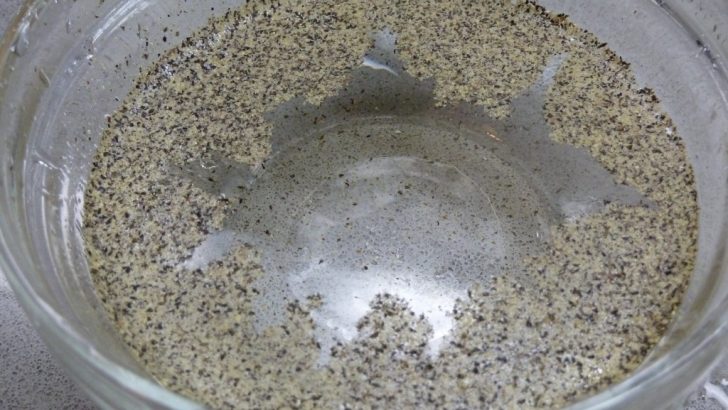Children’s Corner
Scientific experiments are an excellent way to learn about the world around you and also allow you to create, imagine, and explore. Although in movies scientists are often wearing long white lab coats and are usually surrounded with test-tubes of bubbling liquids, you don’t actually need any of these things to do your own scientific experiment. In fact, all you need are some things you can find around your kitchen!
The pepper and soap experiment is very famous and helps you to understand how soap affects the surface of water. It’s great fun and is an experiment that you’ll want to keep on repeating.
To do it, fill a bowl with about 2.5cm of water and then sprinkle pepper evenly across the surface. The pepper flakes should float, not sink, upon the surface of the water. After this, squeeze a tiny bubble of dish soap onto a clean counter.
Then comes the fun part. Get a toothpick and with a parent’s supervision, touch the toothpick to the bubble of dish soap. You only need a tiny amount of soap.
Now poke the soapy toothpick into the water, right in the centre of the bowl. What happens next is very strange and unexpected as all of the pepper flakes should dart to the sides of the pan, and some of the flakes will fall to the bottom of the pan.
But how does this interesting experiment work? First of all, pepper is not attracted to water and can’t dissolve in it. The pepper also stays afloat on top of the water because the water molecules stick together and this gives the top of the water surface tension. And because the pepper flakes are so light, the surface tension keeps them floating on top.
This explains why the pepper stays afloat, but why does it shoot to the sides when soap touches the water? Soap is able to break down the surface tension of the water, and so as the soap moves into the water the surface tension changes.
But the water molecules still want to keep the surface tension going, so they pull back away from the soap, and take the pepper along with them.
It’s pretty incredible how all of these substances react with one another, and as you grow in your scientific knowledge you’ll learn about more complex interactions. For example, if olive oil and water are mixed together and left for a period of time they will eventually separate on their own!
When you feel confident in doing the pepper and soap experiment, you can bet your friends that you can separate pepper from water in only a second. When they say they don’t believe you, just dip the soapy toothpick in the water and watch them be amazed.


 Colm Fitzpatrick
Colm Fitzpatrick
